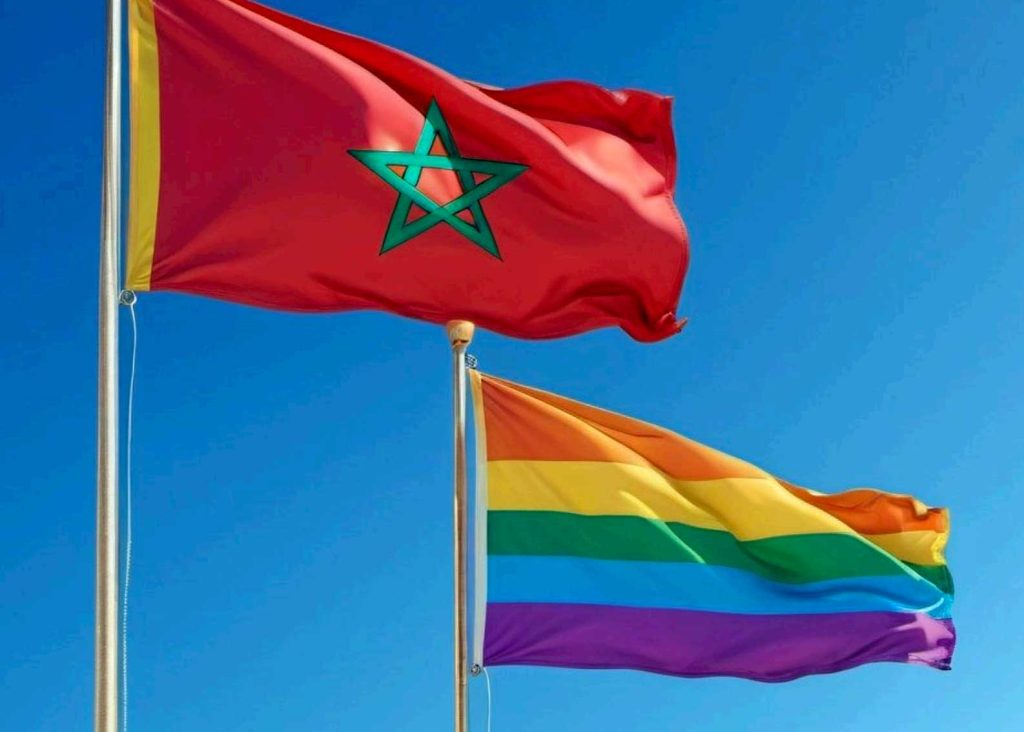LGBTQ+ Moroccans endure widespread abuse: 83% were abused online
Colin Stewart is a 45-year journalism veteran living in Southern…
Families, not government, oppress LGBTQ+ Moroccans the most.

Vast numbers of LGBTQ+ Moroccans are victims of abuse, according to a new survey of the LGBTQ+ community in the North African nation.
Survey respondents reported that they have been victims of:
- Online abuse (83.3% of respondents)
- Verbal abuse (66.6%)
- Threats of violence (46%)
- Threats of sexual attacks (31.6%)
- Physically violent attacks (26.6%)
- Sexual attacks (23.3%)
- Police violence (13.5%)
Many LGBTQ+ Moroccans find solace online, even though that’s a dangerous place because of homophobic harassment, the survey found, even though many were abused there.
In fact, despite suffering from online abuse, 72% of respondents consider social media a safe space but judge that dating apps are largely unsafe.
Where bias happens:

The survey was conducted by ReportOut, a U.K.-based charity that seeks to report, monitor and document the experiences of sexual and gender minorities worldwide.
For its Morocco survey, ReportOut worked with Ishtar MENA Analytics and local Moroccan partners, GAFM, Atyaf and Talay’an.
Apparently, almost every LGBTQ+ Moroccan who is out in their family is abused by their family.
Drew Dalton, chair of Trustees of ReportOut, said that approximately the same number of respondents reported being out (27%) and being abused by family members.
He added, “Contrary to many news stories in the MENA [Middle East and North Africa] region, the primary vehicle for harassment and violence against sexual and gender minorities appears to be less a product of state institutions but more societal and family abuse.”
ReportOut stated: “LGBTQ+ Moroccans live under a shadow of discrimination and persecuted, driven by hostility within family units as much as, if not more so than societal pressures. …
“This research also demonstrates how much more needs to be done by the Moroccan state to secure the basic rights of sexual and gender minorities within Morocco to achieve the United Nation’s Sustainable Development Goals, which the Moroccan government has signed up to.”
Survey findings included:
Only 27% of respondents have come out about their sexual and gender identity to their family, with an almost identical percentage suffering physical violence at the hands of a family member.
Over half of those ‘out’ to families have suffered some form of so-called conversion therapy, including pseudo-exorcisms and beatings.
Despite this, 57% of respondents still live with their family, indicating a level of vulnerability and dependence.
Abuse of sexual and gender minorities in commonplace for survey respondents, with different forms of abuse reported as:
- Online abuse (83.3% of respondents have suffered)
- Verbal abuse (66.6%)
- Threat of violence (46%)
- Threat of sexual attacks (31.6%)
- Physically violent attacks (26.6%)
- Sexual attacks (23.3%)
- Police violence (13.5%)
The majority of abuse reported came at the hands of family members and strangers rather than police or state authorities.
Sexual and gender minorities have created their own (relatively) safe environments in confiding in their closest friends (71% know about their sexual orientation or gender identity).
To read and download a PDF copy of the report, click HERE.




